Farooque’s golden career on the silver screen
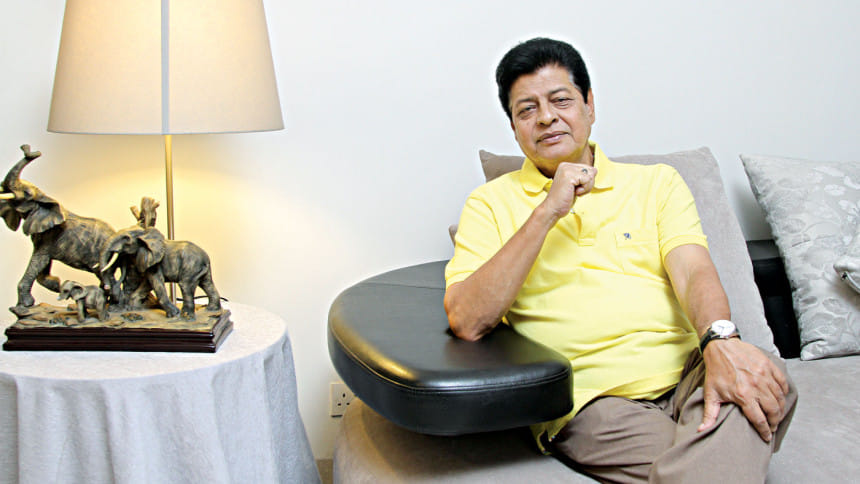
Based on the novel by Shahidullah Kaiser, "Sareng Bou," directed by Abdullah Al Mamun, is considered to be Farooque's most popular film. Released in 1978, the film revolved around the character of Kodom and portrayed the struggles of the people in coastal regions. With iconic songs such as "Orey Nil Doriya," and "Hiramati Hiramati," voiced by Abdul Jabbar, it is one of the most critically acclaimed films in the history of Bangladeshi cinema.
Directed by Amjad Hossain and based on the novel, "Nirokkhor Shorgo," the acclaimed film, "Noyonmoni," marked an important milestone in Farooque's career. Starring Babita and Farooque, it was screened for six months to one year at several theatres.
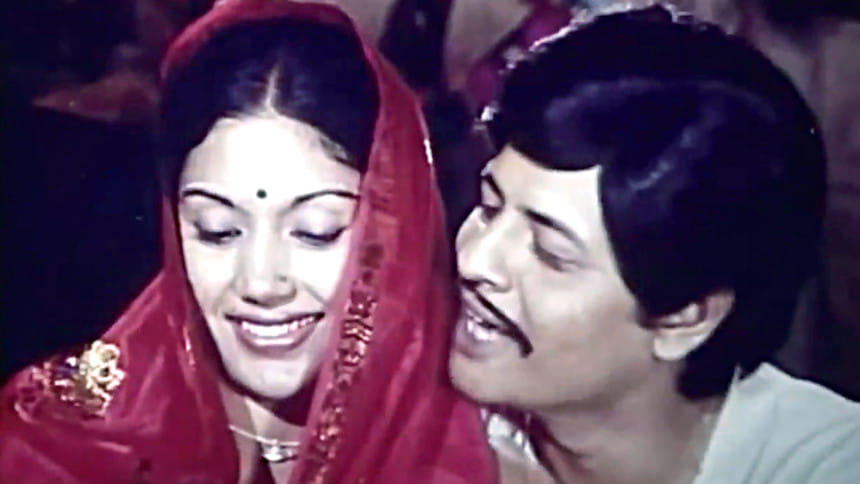
In 1975, "Shujon Shokhi," directed by Khan Ataur Rahman, was released. Based on social realism, the romance film, featuring Farooque and Babita, gifted the audience with the timeless song, "Shob Shokhire Par Koritey Nebo Ana Ana."
"Golapi Ekhon Train E", directed by Amjad Hossain, was another major turning point in Farooque's career. The internationally acclaimed film travelled to several film festivals abroad, including the Moscow Film Festival. The super hit film produced classic songs such as "Hayre Kopal Mondo Chokh Thakitey Ondho," and "Achen Amar Moktar, Achen Amar Barrister."
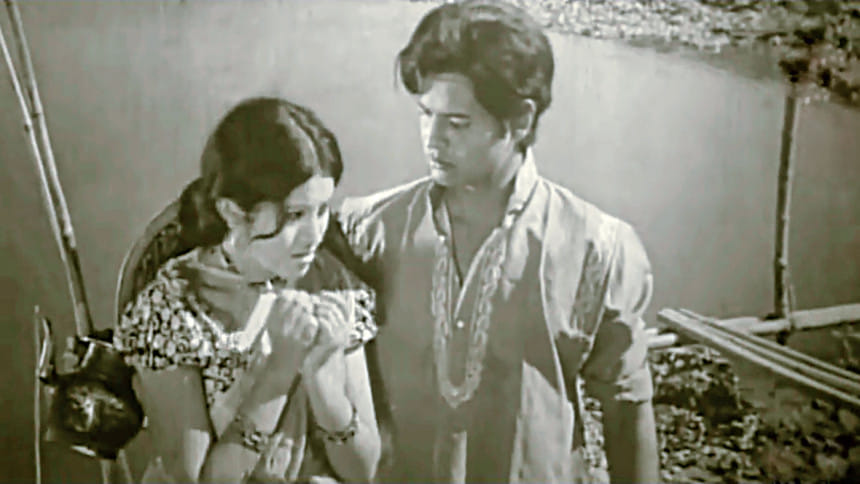
Farooque was known as 'Mia Bhai' among his fans for several years, after the release of the Chashi Nazrul Islam film of the same title.
Furthermore, the National Film Award-winning movie, "Lathial", directed by Narayan Ghosh Mita, featured Farooque in the memorable role of Dukhu Mia. Most popularly, he portrayed the role of the protagonist in several films based in rural Bangladesh.
Directed by Abdus Samad Khokon, "Jhinuk Mala", another commercially successful film starring the actor, features popular songs such as "Chokher Jole Ami Bheshe Cholechi," "Bhober Ei Khela Ghore," and "Tumi Amar Moner Majhi."
Films based on the Liberation War, including "Alor Michil," directed by Naryan Ghosh Mita and "Abar Tora Manush Ho," directed by Ataur Rahman Khan, further strengthened Farooque's place in the industry, as a versatile actor.
The film, "Din Jay Kotha Thake," directed by Pramod Kor, also made a prominent mark in Farooque's career, with popular songs such as "Mon Majhi Tor Boitha Ne Re," "Mayer Moto Apon Keho Nai," and "Din Jay Kotha Thakey". The actor, who was recently diagnosed with tuberculosis, is currently undergoing treatment in Singapore. We wish him a speedy recovery.
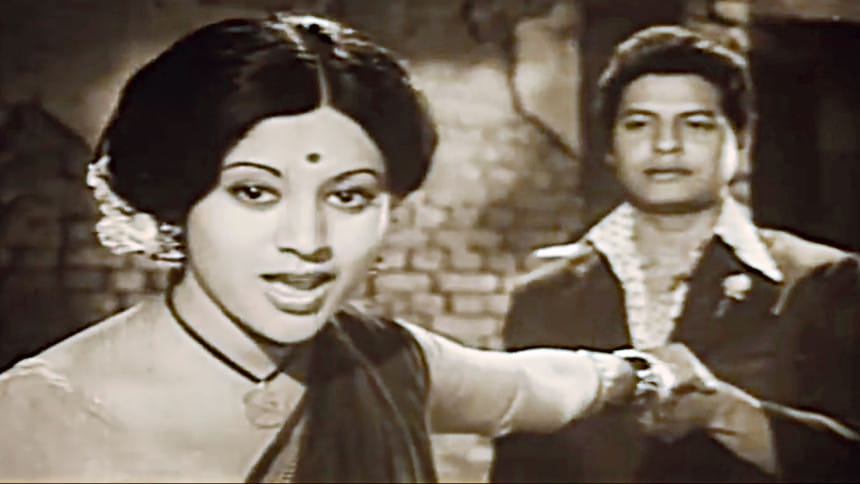
Translated by Rasheek Tabassum Mondira

 For all latest news, follow The Daily Star's Google News channel.
For all latest news, follow The Daily Star's Google News channel. 


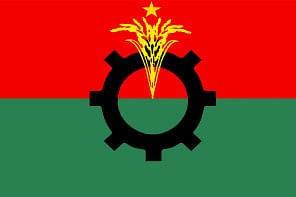
Comments